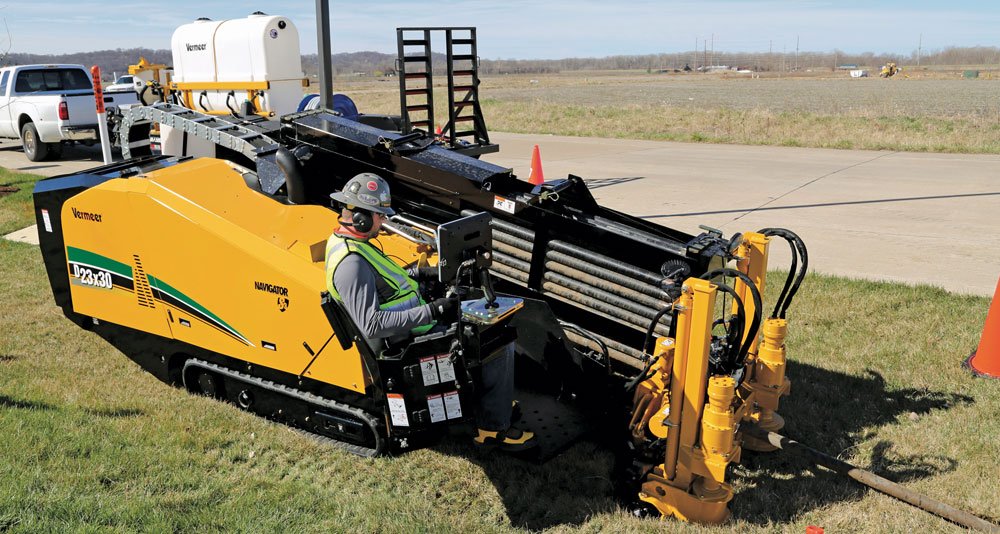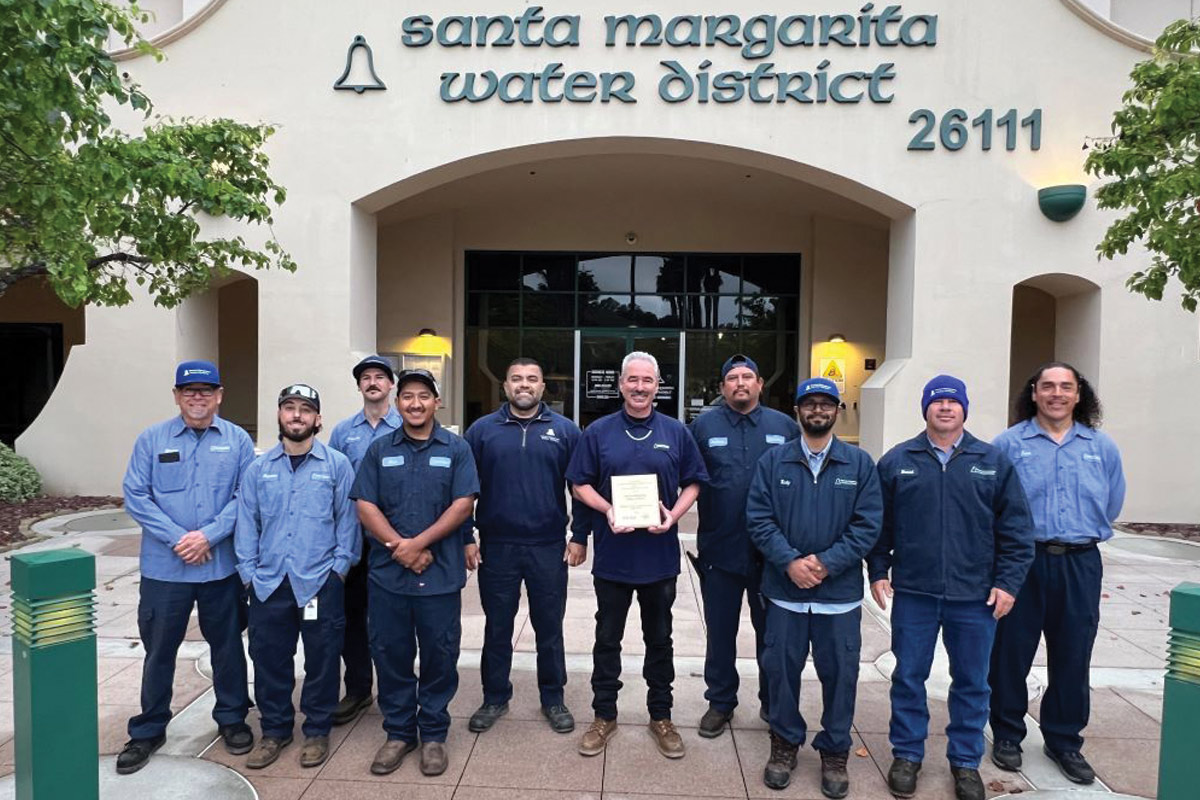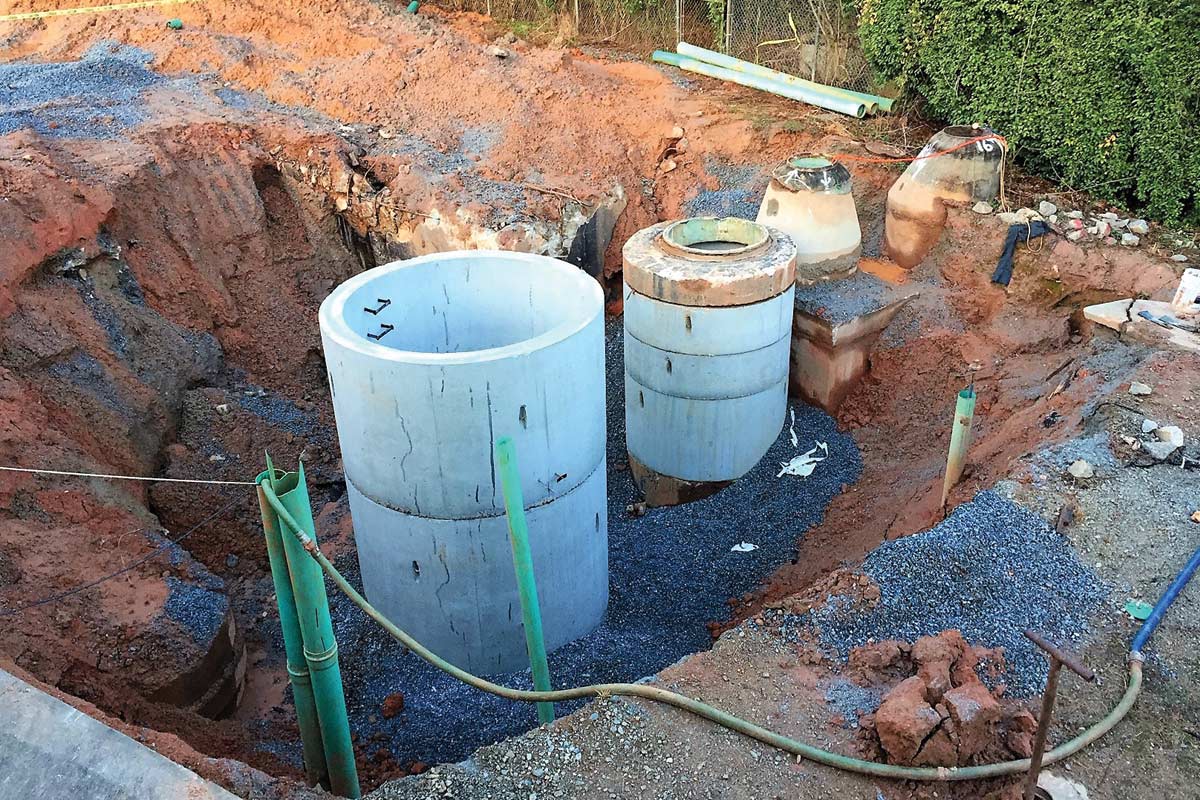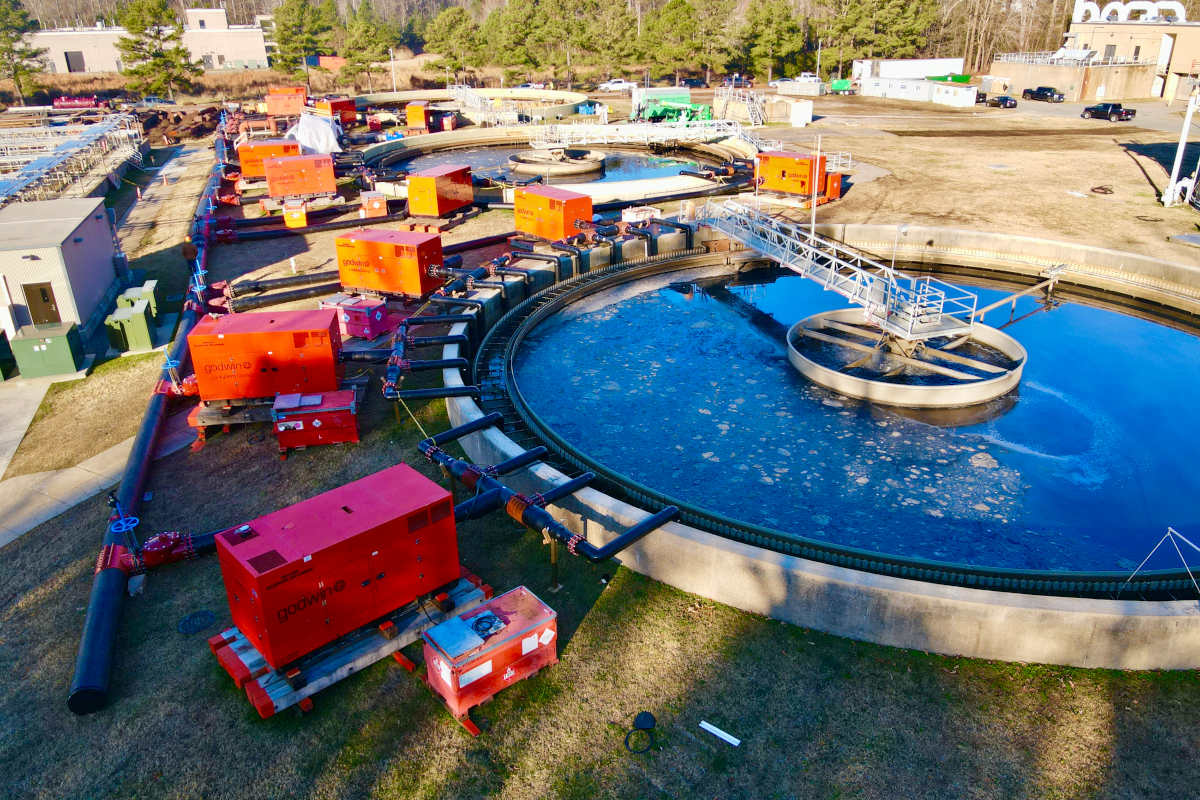
The Delta Directional Formula for Success in the Fiber Market
There aren’t many people who can say they’ve helped pioneer horizontal directional drilling, but Billy Cleveland can. From the early 1990s operating large pipeline drill rigs around the globe for Horizontal Drilling International, navigating the first fiberoptics boom in the late 1990s, to establishing Delta Directional in 2001, Cleveland has seen it and drilled it. He has also trained many of the industry’s best drill operators along the way.
Today, Delta Directional, based in Newton, Mississippi, employs more than 180 people and operates over 30 horizontal directional drills. The majority of those people and drills are dedicated to installing fiber optics throughout the United States.
“Telecommunication companies, branches of the military, government offices and everyone else trying to keep pace with growing demand for fiber optics make up most of our customer base,” Cleveland said.
This diverse customer base keeps crews and equipment busy with a variety of projects. On average, Delta Directional installs close to three million feet of fiber optics each year. However, it is their on-time project completion record and attention to details that retains customers and leads to a large number of referrals.
RELATED: 2018 HDD Showroom: Time to Buy
Advantages of Keeping Work In-house
Cleveland attributes the company’s success to the team that has been with him since the beginning, handling the bulk of their workload in-house. “Almost all our work is 100 percent done in-house,” Cleveland explained. “In the fiber business, large projects tend to exceed original timelines because when a subcontractor has an issue, the general contractor often doesn’t have any way to get a job back on track. Handling the whole job from start to finish in-house gives us complete control.”
Complete control means that when a customer approaches Delta Directional about a new project, Cleveland’s team can provide better service because they know the status of projects in progress and can schedule accordingly. Attention to these details keeps the company from over-committing and helps crews hit their deadlines.
Efficient Process
One of Delta Directional’s keys to staying on track with every job is commitment to its standard operating procedures. Every part of a project is performed by a trained team, starting with the crew that locates the utilities and lines out the bores. Within a day or two of finishing, a drilling crew will get to work, followed by a team that ties-in everything. Afterward, a restoration crew moves in and cleans up the site. The timelines for these crews to move in and out are well coordinated and happen as quickly as possible to help minimize disruptions and maximize productivity.
RELATED: HDD Contractor Tackles Fiber Installations in Missouri
“By dividing up the responsibilities of our team, we can avoid a homeowner waking up one morning and seeing 15 crewmembers walking up and down their street,” said Cleveland. “By using small crews and getting projects done as quickly as possible, we can keep distractions to a minimum for neighbors.”
Equipment Matters
Cleveland said having the right equipment for the application is also essential to keeping all their projects on time. He has crews working around the country on residential neighborhood projects and cross country work.
“One of the major changes I’ve seen in this business is how specialized the equipment has become,” he explained. “Some HDD units are tall and narrow; some have a wider footprint. Everything is much more application specific, which is why we have so many different sizes of rigs. We may need a mid-sized machine in a subdivision for longer drill shots and a small rig in other areas to fit into someone’s backyard.”
Delta Directional only operates Vermeer horizontal directional drills for its fiber work. “As far as I’m concerned, Vermeer pretty much dominates the small rig industry,” Cleveland added. “The equipment is operator friendly, productive, quiet and reliable. On top of good machines, there is the support we get from the Vermeer dealer network — no matter what part of the country we’re working in, we get knowledgeable mechanics and parts delivered quickly. It’s exactly what we need to help hit our deadlines.”
The Delta Directional current fiber rig fleet includes:
- Four Vermeer D10x15 S3 Navigator horizontal directional drills
- Five Vermeer D20x22 S3 Navigator horizontal directional drills
- Three Vermeer D20x22 Series II Navigator horizontal directional drills
- Two Vermeer D24x40 Series II Navigator horizontal directional drills
- One Vermeer D40x55 S3 Navigator horizontal directional drill
- Two Vermeer D100x120 Series II Navigator horizontal directional drills
- One Vermeer D100x140 S3 Navigator horizontal directional drill
Many Delta Directional drill rigs are equipped with Vermeer Fleet to provide their equipment manager with the GPS location, service schedules, idle times, fuel consumed and fault codes. “When you’re operating as many drills as we are, Vermeer Fleet comes in handy,” explained Cleveland, “and our dealer helps us stay on top of maintenance and repairs.”
Fluid Management
Since getting into the business, Cleveland believes regulations around the disposing of drilling fluids has become a major concern for him and other HDD contractors. “The bulk of our work is in rocky soil conditions, and we go through a lot of mud,” he said. “If we don’t account for how and where we’re going to dispose of it upfront, it could lead to extra costs. For example, if we have to drive for an hour to dump a vac truck multiple times a day, it will really make expenses add up and eat into our timeline.”
To reduce the uncertainty surrounding fluid management, the team starts by talking with customers during the estimating process to determine if they have already identified a dump site. If not, the team will estimate how much fluid they will be going through, how far they must travel to dispose of it and dumping costs. They will then weigh those options against the possibility of bringing in a mud recycling system. At the end of a project, customers are provided detailed information about how and where the drilling fluids were disposed of.
Training and Safety
Another reason so many large telecommunication customers choose Delta Directional for their projects is their commitment to training and safety.
“Training and safety go hand-in-hand,” Cleveland said. “Around 90 percent of our operators started as laborers and worked their way up to drill operators for us. If we happen to hire someone with drilling experience, we make them prove they have what it takes to be an operator for us by passing a series of tests we set up in our yard. We make them drill an actual crossing here to make sure they can do what they say they can do.”
Every project their crews are working on has a dedicated safety officer on site to make sure everyone is following safety protocols. In addition, each rig is paired with a project manager who is highly knowledgeable with communicating, locating, drilling and reading prints. “To be a manager, you have to be able to do everything and do a stellar job at it,” added Cleveland.
Today and in the Future
Currently, Delta Directional crews are working on projects in the Southeastern part of the United States. “We have crews in multiple states installing large fiber-to-the-home jobs in residential neighborhoods, and large backbone projects are being installed in other states.” Cleveland said.
“Every time technology changes, companies must change or add to what’s in the ground,” Cleveland explained. “Underground lines are a reliable and practical way of delivering data and it doesn’t look like that will change anytime soon.”
With companies’ and consumers’ continued interest in faster Internet speeds and access to more data, this could lead to more opportunities for businesses who are building the backbone to help make it possible.
“The future for HDD looks promising,” Cleveland said.
Kayla Breja is senior product marketing specialist-utility at Vermeer Corp.






